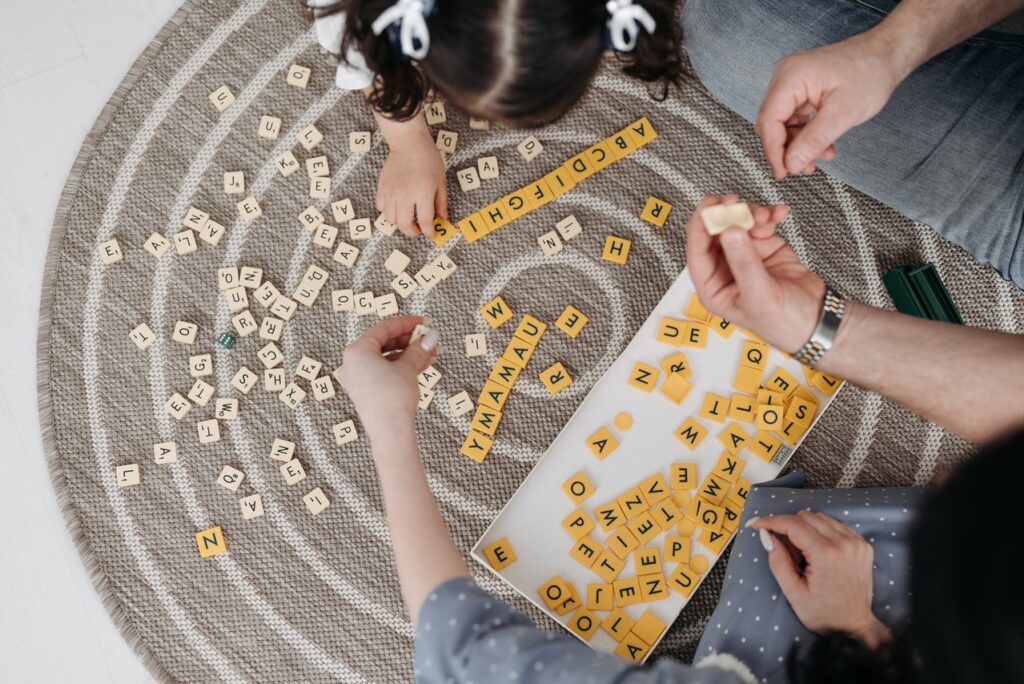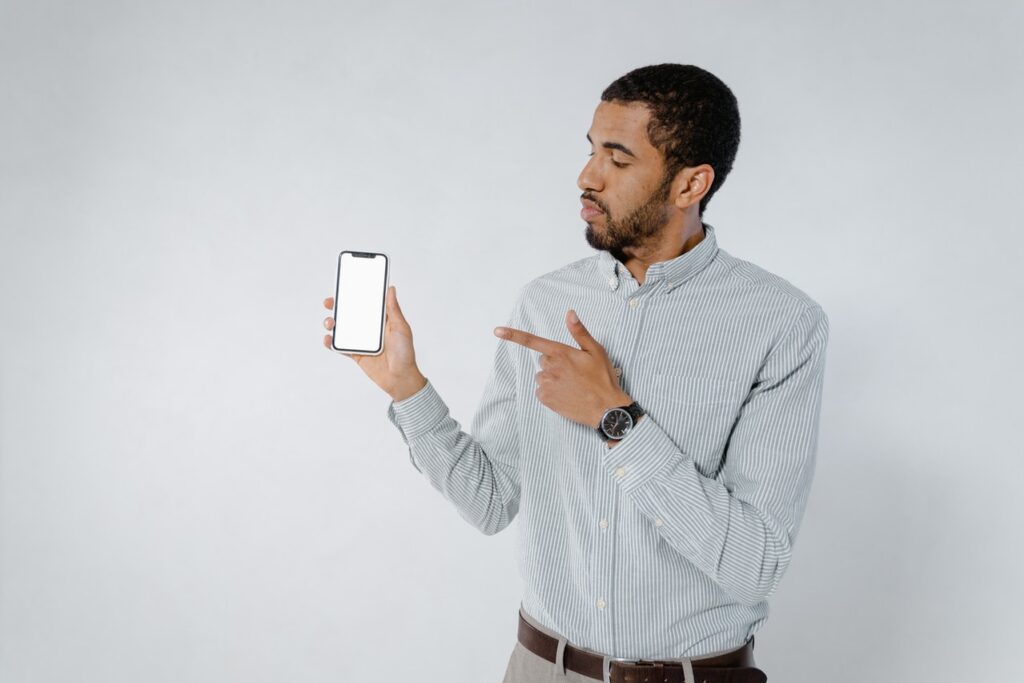Have you ever moved to another country, perhaps where you didn’t speak the native language?
What were the most difficult aspects for you? For me, communication and language barriers are always a difficulty!
There are many countries in the world that despite their own native language have a high percentage of second-language English speakers. Yet, there are still many regions in the world that do not have high levels of English literacy.
Furthermore, if you’re native language is something other than English, the amount of countries that speak your language may be very small!
Here are all the problems I have noticed, from my stay in Türkiye, when I use my limited amount of Turkish with the locals. Of course, rather than me complain about people not being able to speak my native language, I’ve done something different.
I have framed it as “How to speak to someone, who’s native language isn’t your own.” This way we can relate to similar problems but also take this as a learning experience if we are ever in the role of native speaker, talking to a speaker of another language.
I’m not saying that I expect everywhere I go to speak English. Actually, I love learning the local language of a new city! This is me raising some of the issues I have found and trying to provide a helpful way for us all to move forward.
Slow things down

If you can recognise that I am not a native speaker of your language or if I have explicitly told you I am not, please slow things down!
Many countries and cultures are notorious for being fast speakers. What’s worse is fast and mumbly speakers!
This is (one of the reasons) why native-level language is so hard to understand or decipher. It often doesn’t care for how well versed you are, and just charges ahead.
If you have been learning a language for a long time, but still can’t get anywhere; don’t worry! You may be closer than you realise. Check out my blog post here, to decide if you have just hit a bump in your learning journey, or if it’s really time to give up.
The speed of native-level language, as well as the assumption that you know what’s going on, often makes it hard to;
- Decipher similar sounding words,
- look out for important key words or clauses,
- identify and understand colloquialisms,
- and piece a majority of the message together fast enough.
It happens all the time in Türkiye (at least in my own experiences), that once someone hears you speaking their native language, they continue at full pace. Regardless of your own ability to string a sentence together under pressure.
So kindly, if you see me struggling, just try and slow down a little.
LOUDER is not slower

Yes I didn’t hear you, but it wasn’t because you weren’t loud enough. It had something to do with how I could or could not recognise all the words you said.
There will be a few things you can do to solve that issue; one of them is the above point, slow it down.
Generally, simply raising your voice or shouting is not the answer. It doesn’t solve anything and it can contribute to negative feelings on behalf of the listener.
They may feel that you are becoming aggressive as you raise your voice. You might also be making them feel embarrassed or like they are not intelligent. An inability to communicate oneself is not the same thing as being smart or not.
There is, of course, a difference between speaking louder and speaking more clearly. And perhaps this is an honest mistake that people make. Especially those who have never been in this situation before.
Yes, volume might contribute to speaking more clearly, but so can slowing down, opening your mouth more, and being more conscious and self aware with your pronunciation.
Try repeating what you said

A lot of the time I just need to hear what you said again.
Exactly the way you said it last time.
I might very well be able to tell that you are asking me about opening times. Or that you used the verb “go”, but by what and to where? That part I didn’t catch.
Have you ever tried a listening comprehension test? A lot of the time you cannot catch all the information in one go. You need to read the questions first to know which pieces of information are most important? And you may need to listen to the audio again to clarify or reconfirm anything.
This is often why many language tests allow a limited amount of repeats on the listening audio.
It might take longer for us to get the message across, but just try repeating what you said.
Try rewording what you said

If you are seeing that I am struggling, despite the fact that you have already repeated what you said. Maybe it’s time to try something different?
Perhaps there is a word you are using that I have never come across before. And no matter how many times you repeat yourself I’ll never get what you are saying.
But thankfully, there are many ways to say the same thing. All it takes is a little bit of patience and self-awareness to take the time and do it.
My favourite teachers were the ones who were able to rephrase what they were saying in a way that was appropriate to the individual needs of each of their students!
- Try using simpler synonyms for the key words you are saying.
- Are you asking a question? Try limiting the amount of response choices I can pick from. YES or NO questions are perfect for this.
- If it is something particularly long, break up what you are saying into small pieces. Give me a new piece of information in each sentence and allow me the time to process each one.
As you can see, discussion with someone who doesn’t speak your own language can be difficult. It’s often more drawn out than it needs to be and requires lots of rewording as well as rephrasing. If you would like to try and learn the language of those close to you, for example someone like a significant other, check out my article here.
Focus on the what isn’t being said

If things are seriously not connecting than you may need to focus more on the non-verbal parts of speech.
Pictures, hand gestures, motions, and even noises (grunting, humming) can be helpful in filling in the blanks in someone’s understanding.
Now you might feel that you are playing a game of charades rather than having a meaningful conversation at this stage. However, if what the person is trying to convey across to you is important than you will need to try your best to understand and be understood.
I used to have an Arabic teacher who could not speak any English. However he was able to act out the meaning of what he said, add facial expressions, as well as change his pitch of voice to give meaning and character to the words he was saying.
We were not always able to understand the exact words he was speaking, however he was still able to paint a clear enough picture which we could attach meaning too.
Be intentional and be supportive

Here is probably the most important lesson that ties in all my previous points together. If you can understand this one, then the rest will all fall into place nicely.
Talking to someone who doesn’t speak your native language should highlight something you may otherwise have taken for granted.
As a native speaker, you no longer need to focus on things like intention or being fully present in a conversation. Because everyone is running on the same channel and reading from the same page.
However, with someone who isn’t a native speaker, things are different. You must spend more of your mental energy and be more deliberate in your conversation than you normally would have.
It is not a given, anymore, that everything you say is being completely understood. And so you have to be more cognizant of things like; your clarity of speech, the phrasing you use, as well as the specific words you choose.
Simply expecting a non-native speaker, especially someone who is struggling, to fill the gaps on their own will certainly lead to misunderstanding.
Would you like to know more about the struggles of multi-lingual couples? How do they speak and express themselves with each other? Check out my article here.
Do you want some extra help, learning a language?
Learning a language is no easy task. But you should often try and do it, as it may convey to you extra levels of empathy. You may be able to relate better to others who are trying to learn your native language. This could make things easier for you when you are interacting with beginner language learners.
One of the best ways to learn a new language is by meeting new people and forming a relationship with them. But even if you cannot meet someone who speaks the language you want to learn, you can learn it. Try out using italki to get in touch with real teachers from across the globe, specializing in many languages. I personally found that scheduling sessions with native teachers finally gave me the opportunity to ask the questions I needed and take learning at my own pace.
If you’d like to know more about what the italki service is and you’d like to get started today; follow my link here!
But whose responsibility is it anyway, to be understood?

This is something that I raised at the very beginning of this post. Should we really expect to be understood everywhere we go? Especially if you are going somewhere where you know your native language is not widely learnt or spoken.
Not being understood in an otherwise normal context was a completely new experience for me. If you would like to read more about this as well as other healthy mindsets for travelers, check out my blog post here!
This experience highlighted something important for me, and reminded me of my own mother. As well as others who had to migrate from their home countries to new places. They may not ever be considered a native speaker, yet they managed. And experiencing similar things on my own journey has made it easier for me to empathise with them.
Social interaction is complicated, and there is so much context that this post did not go into. How important is it that you get your meaning across? Are you talking to a loved one? Or is this someone you just met across the street? Depending on the situation, mutual understanding can both valuable and important. In other cases it may just be simpler, to concede both parties don’t have the necessary skills to understand each other, and continue on with your business.
However as a general communication rule, you should try and bring as much of your own personal skills to the table as you are expecting of the other participant.
This means, you have to try and be able to communicate with the other person on their own terms too!
But if someone is trying to express something to you; whether it be their feelings, business transactions, or their thoughts, try some of the tips that I have written above. Your conversation and the meaning you get out of it will be so much greater if you work a little to understand the other person!





2 COMMENTS
Comments are closed.